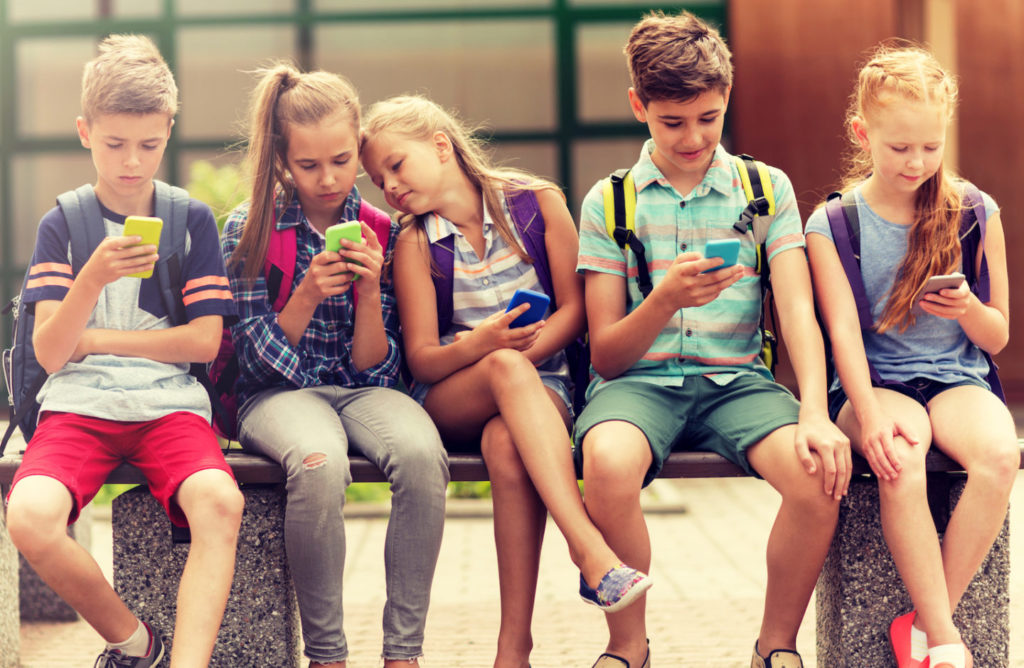Louisiana requires pornography websites to verify users are legal adults in an effort to protect minors
A new Louisiana law protecting minors from online pornography went into effect Jan. 1.
The law requires websites containing 33% or more pornographic material to verify users are legal adults….

A new Louisiana law protecting minors from online pornography went into effect Jan. 1.
The law requires websites containing 33% or more pornographic material to verify users are legal adults. Louisiana Rep. Laurie Schlegel lauded its passage on Twitter.
This law had bipartisan support and passed almost unanimously in both the House & Senate with close to 50 co-authors, including Democrats and Republicans. It was not a Republican win but a win for children in Louisiana. This bill is about protecting children not limiting adults. https://t.co/unrBiTQlZF
— Rep. Laurie Schlegel (@RepSchlegel) January 4, 2023
Some, however, expressed privacy concerns about uploading government-issued ID to third-party services, reports the New York Post. Others claimed the verification process can be sidestepped altogether by simply taking the device off Wi-Fi.
Although Louisiana’s law may not effectively prevent minors from accessing obscene content, the importance of protecting minors from the dangers of pornography is well-researched and documented.
The National Center on Sexual Exploitation (NCSE) reported that 93% of boys and 62% of girls are exposed to pornography during adolescence, with nearly half of male college students saying they were exposed before the age of 13. Two-thirds of young people ages 13-24 actively seek out pornography once a week or more.
“A majority of teens who indicated they have viewed pornography have been exposed to aggressive and/or violent forms of pornography,” Common Sense Media reports. That includes depictions of “what appears to be rape, choking, or someone in pain.”
Research shows early exposure to pornography usually leads to mental health or behavioral issues. Teenage girls who are exposed often experience self-esteem issues and greater anxiety and depression. Teenage boys often exhibit more aggressive and rule breaking behavior.
Pornography consumption also has been shown to alter the brain by overwhelming it with “unnatural prolonged dopamine levels. The result is the brain physically deteriorating in shape, size, and chemical balance,” NCSE reports.
Pornography also harms relationships by decreasing trust and emotional closeness for both partners, even if only one partner actively consumes pornography.
Additionally, federal law prohibits the distribution of obscene materials to minors – which the Supreme Court has upheld. There are even apps to block pornography on their personal devices.
However, protecting minors from pornography in the age of the Internet is becoming increasingly difficult.
Pew Research Center reports that 60% of children engage with a smartphone before the age of 5, and 51% of children between 9-11 own their own smartphone.
And despite professional recommendations that schools limit online learning to a few hours a day – 1-2 hours for elementary, 2-3 for middle and 3-4 hours for high school – schools continue investing millions of dollars in portable devices for students.
Unified Schools District in De Soto, Kansas recently announced its plan to spend $5.6 million on new MacBooks for each of their middle and high school students. And Chicago Public Schools has spent $308 million on new technology in the last three years.
Accessing pornography at school is also a problem, with some leaders now working hard to prevent students from viewing obscene content at school.
“Twenty years ago, it was more of a process to acquire that type of materials,” said Scott Wisniewski, assistant principal at Wayne Valley High School in New Jersey. “Now, it’s not hard at all.”
Back in Louisiana, users of pornography sites were reportedly encountering an age verification page within a day of the new law taking effect.



